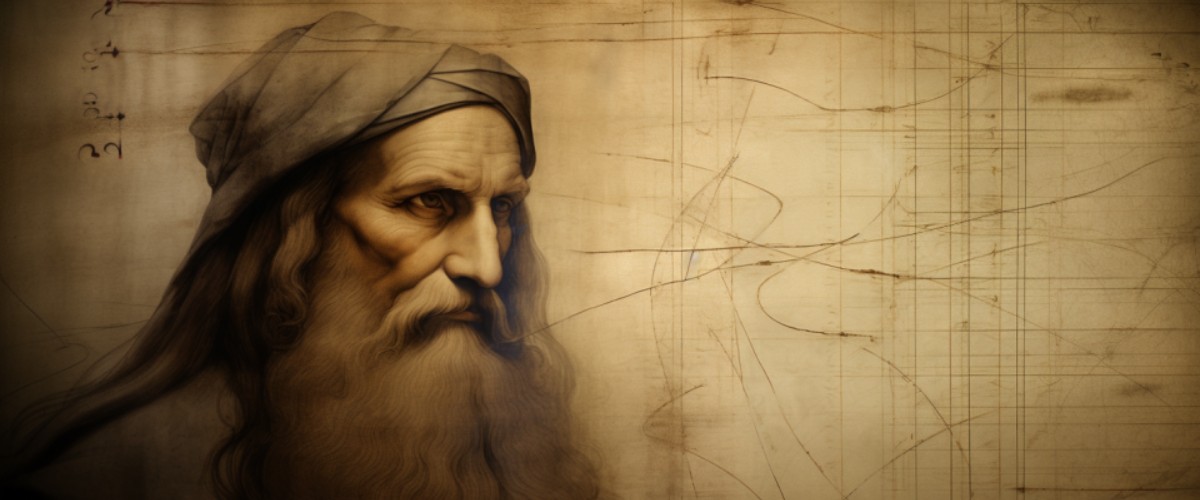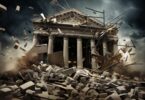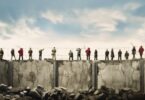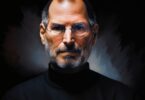The Renaissance, spanning the 14th to 17th century, ushered in a profound transformation in European culture. From remarkable innovations in art and science to the rekindling of learning and thought, this period was a rebirth of societal aspects in stark contrast to the preceding Middle Ages. The movement heralded the transition from medieval to modern times, significantly influencing Europe and, subsequently, the world.
Significance in a Global Context
- A Cultural Revival: Enlightened thinking and creativity sprouted, influencing various fields, such as art, literature, and science.
- Global Exploration: The era sparked curiosity about the wider world, leading to explorations and discoveries of new territories.
Background
Circumstances Leading Up to the Event
- Decline of Feudalism: Social structures evolved, paving the way for new economic systems.
- Fall of Constantinople: The 1453 event propelled Greek scholars westward, enriching Western Europe with classical knowledge.
- Printing Press Invention: Johannes Gutenberg’s creation in the 15th century enabled widespread information dissemination.
Key Personalities Involved
- Leonardo da Vinci: A polymath who exemplified the Renaissance humanist ideal.
- Michelangelo: An artist whose works came to define the standard of Renaissance art.
- Galileo Galilei: A scientist who revolutionised the way we look at the cosmos.
Major Happenings
- Florence as the Cradle: The city became a pivotal centre for finance and trade, fostering a conducive environment for the Renaissance.
- Artistic Blossoming: There was an extraordinary emergence and evolution of art, literature, and architecture.
- Masterpieces like the Mona Lisa and the ceiling of the Sistine Chapel were created.
- Scientific Revolution: A radical shift in scientific thought occurred, leading to numerous discoveries and advancements.
Immediate Outcomes
Societal Consequences
- Humanism: The study of classical antiquities fostered a shift towards human-centric values and perspectives.
- Reformation: The religious landscape was permanently altered, with the Protestant Reformation challenging the Catholic Church’s dominance.
Impact on Nations and the Globe
- Colonisation: The Age of Exploration, backed by new navigational advancements, propelled European nations into newfound territories, shaping global politics and trade.
- Trade and Economy: Global trade networks established during this era brought unprecedented wealth and exotic goods to Europe, altering economic practices and lifestyles.
Long-term Impact
Shaping Human History
- Enlightenment: The intellectual seeds sown during the Renaissance eventually blossomed into the Enlightenment, perpetuating the quest for knowledge and reason.
- Educational Evolution: Universities and educational methodologies evolved, incorporating humanist thinking and classical studies.
Notable Milestones and Effects
- Modern Science: The methodologies and discoveries pioneered continue to underpin various scientific disciplines.
- Artistic Influence: The art and aesthetics developed continue to influence contemporary art and architecture.
Conclusion
The Renaissance, a luminous epoch of rejuvenated creativity, scientific pursuit, and introspective humanism, indubitably casts a long shadow across the corridors of time. Its emancipation of








